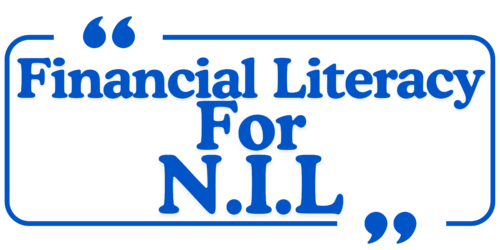As student-athletes step into the world of Name, Image, and Likeness (NIL) agreements, the excitement of earning money can quickly turn sour when payment issues arise. A recent situation involving Matthew Sluka, the UNLV quarterback, has highlighted the complexities and challenges surrounding NIL deals. Sluka’s experience serves as a cautionary tale for others in the same position.
The Situation with Matthew Sluka
Matthew Sluka’s transfer to UNLV was surrounded by controversy when his father and agent claimed that a verbal agreement was made to pay him $100,000. However, the school’s NIL collective denied this claim, leading to Sluka’s decision to leave the team. This situation underscores the importance of having clear, written agreements in place when entering into any financial deal, especially in the competitive world of collegiate athletics.
The Fallout and Public Opinions
The fallout from Sluka’s situation has led to widespread discussion and various opinions on the matter. SEC coaches like Brian Kelly of the LSU Tigers and Kirby Smart of the Georgia Bulldogs have voiced their concerns, stating that changes are necessary in how NIL is managed. This case exemplifies some of the negative aspects of the current NIL landscape, particularly when expectations set by verbal agreements are not met.
Even ESPN College GameDay host Rece Davis weighed in on the debate, suggesting that while Sluka should have stood by his commitment to his teammates, he was right to call out the lack of accountability from those at UNLV who made the promise. Davis highlighted the critical need for transparency and reliability in NIL agreements, especially as they increasingly shape the collegiate sports landscape.
Key Takeaways for Student-Athletes
Sluka’s experience illustrates several important lessons for student-athletes navigating NIL opportunities:
Always Get It in Writing: While verbal agreements may feel binding, they are not legally enforceable. Always insist on a written contract that outlines the terms, conditions, and payment schedules. This protects you and ensures everyone is on the same page.
Understand Your Rights: Familiarize yourself with the policies and regulations surrounding NIL at your school. Knowing your rights can help you advocate for yourself if issues arise.
Communicate Clearly: If you encounter problems with payments or expectations, communicate openly with the brand or school involved. Keeping lines of communication open can often resolve misunderstandings before they escalate.
Seek Support: Consult your athletic department or legal counsel if you encounter issues with your NIL agreements. They can provide guidance and resources to help you navigate the situation.
Consider the Bigger Picture: Before making any decisions, weigh the implications of your actions on your career and relationships with your teammates and coaches. Your reputation is invaluable in the athletic community.
Conclusion
Matthew Sluka’s situation serves as a stark reminder of the complexities surrounding NIL agreements in college sports. As student-athletes venture into this new realm of opportunities, they must be diligent in protecting their interests. By securing written contracts, understanding their rights, and maintaining open communication, student-athletes can navigate the NIL landscape more effectively and ensure they receive the compensation they deserve.
Written by Pat Brown, MBA, Former D1 Player
